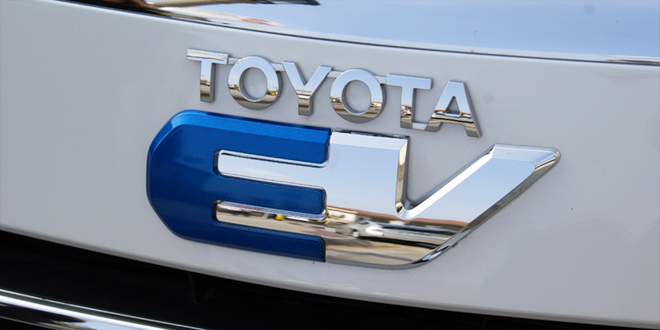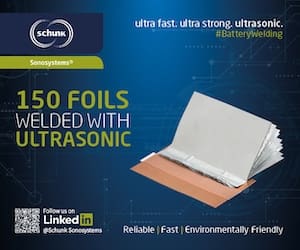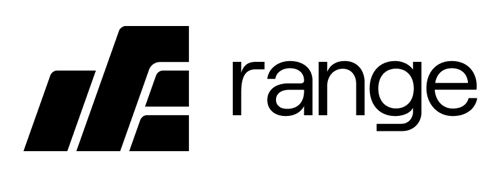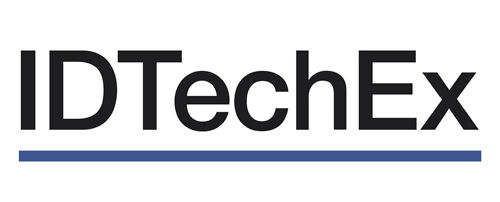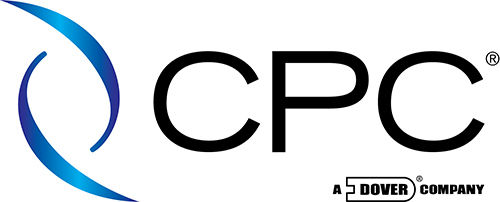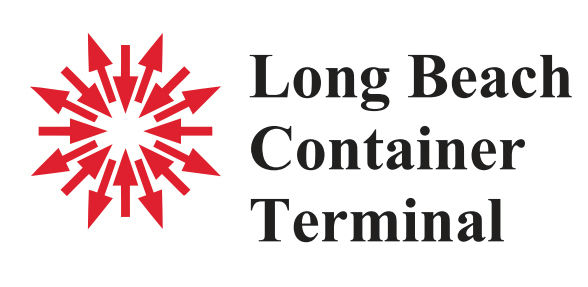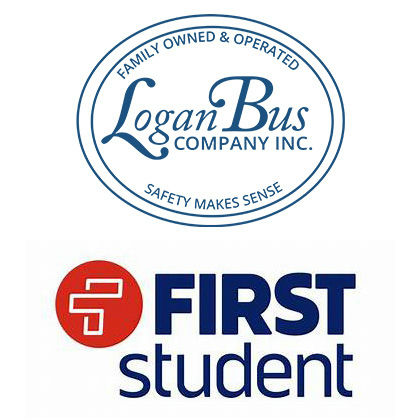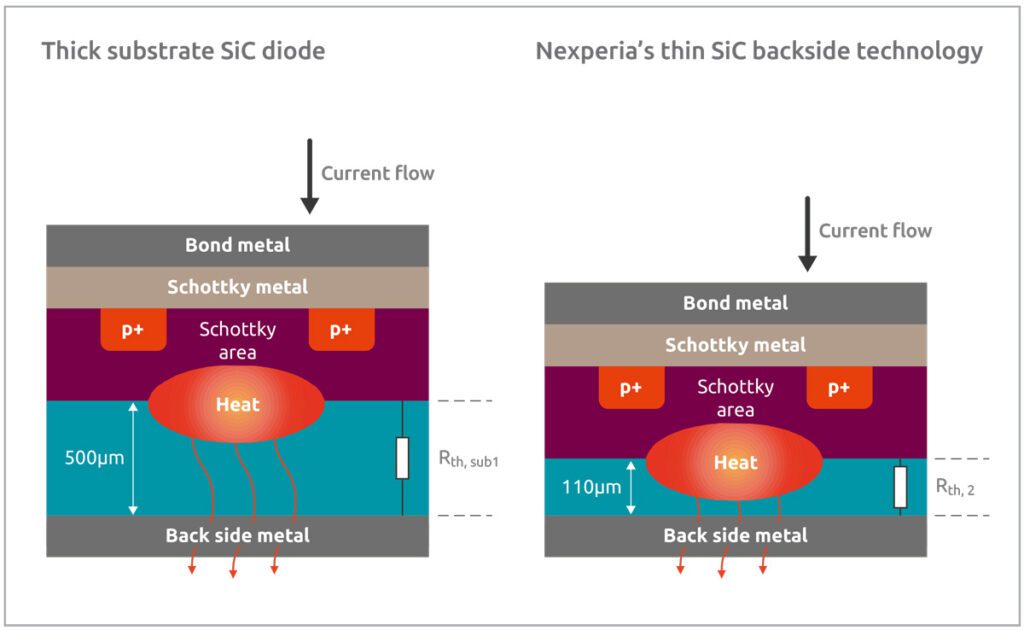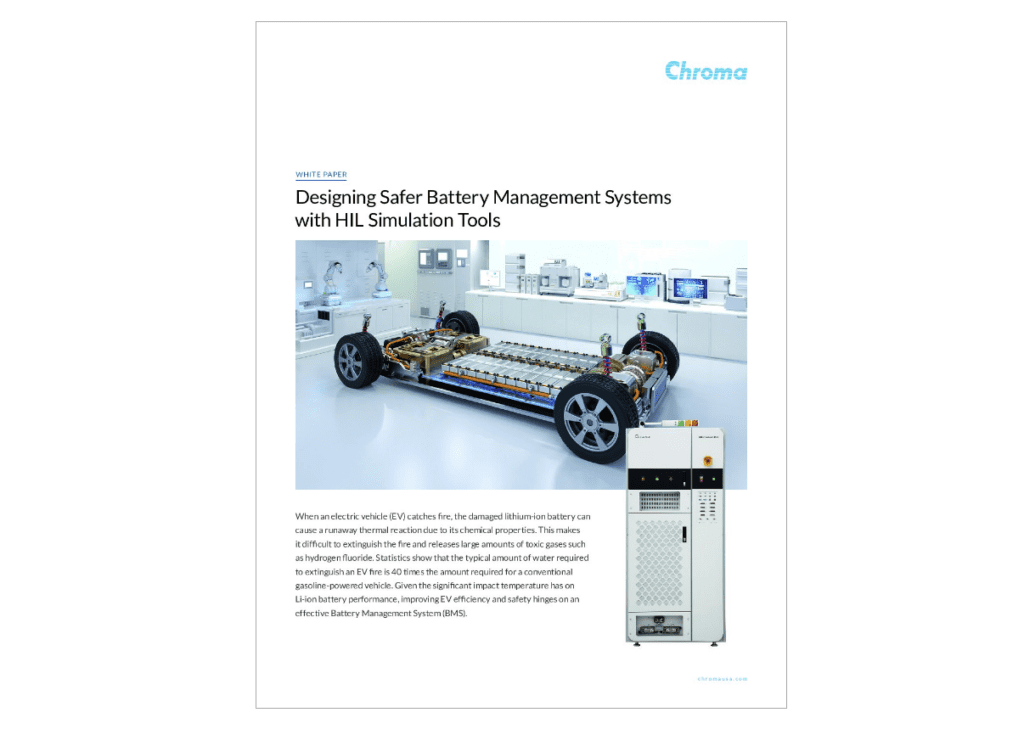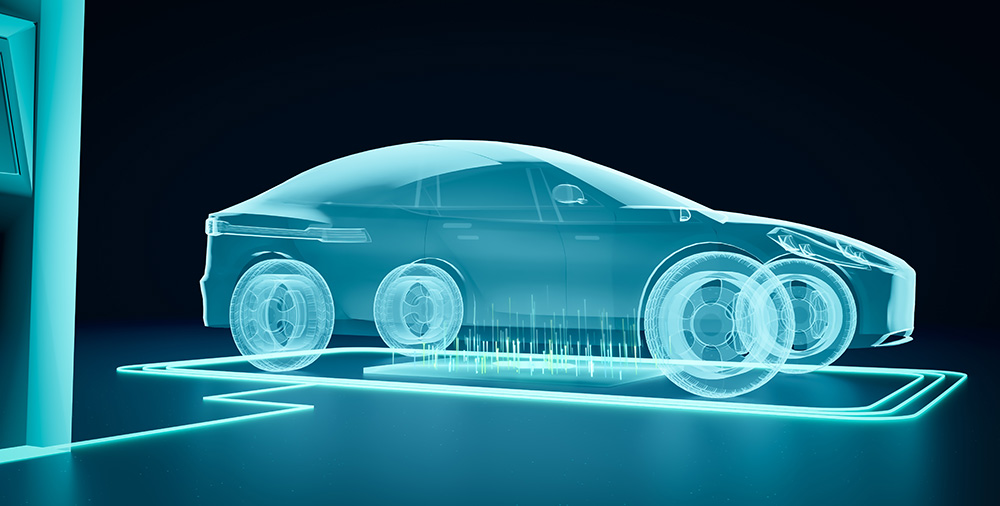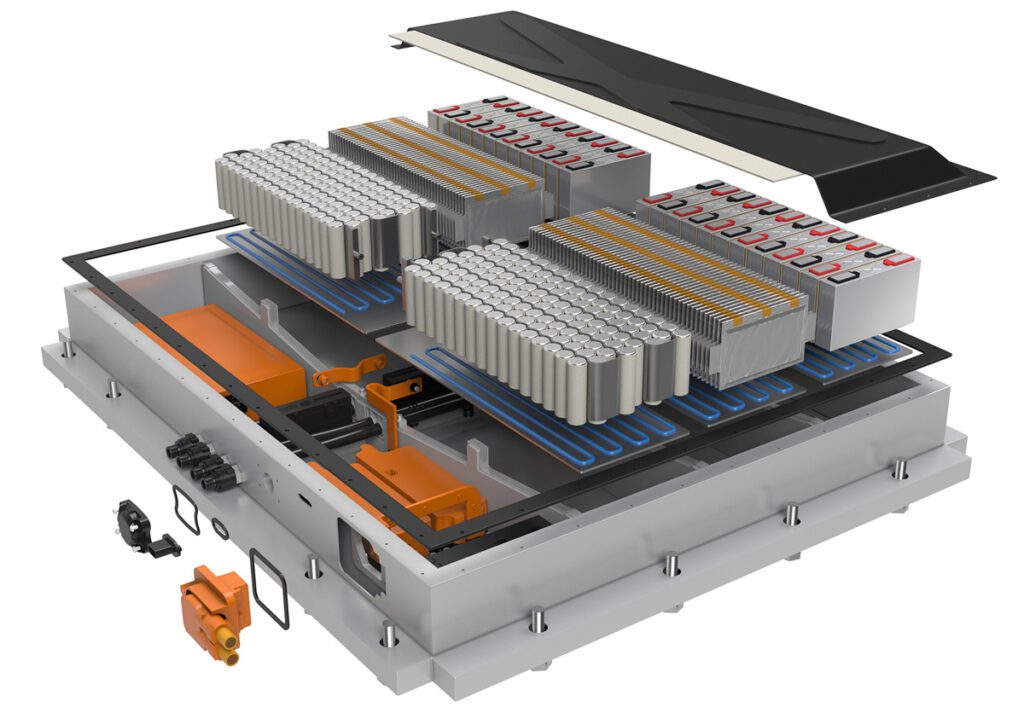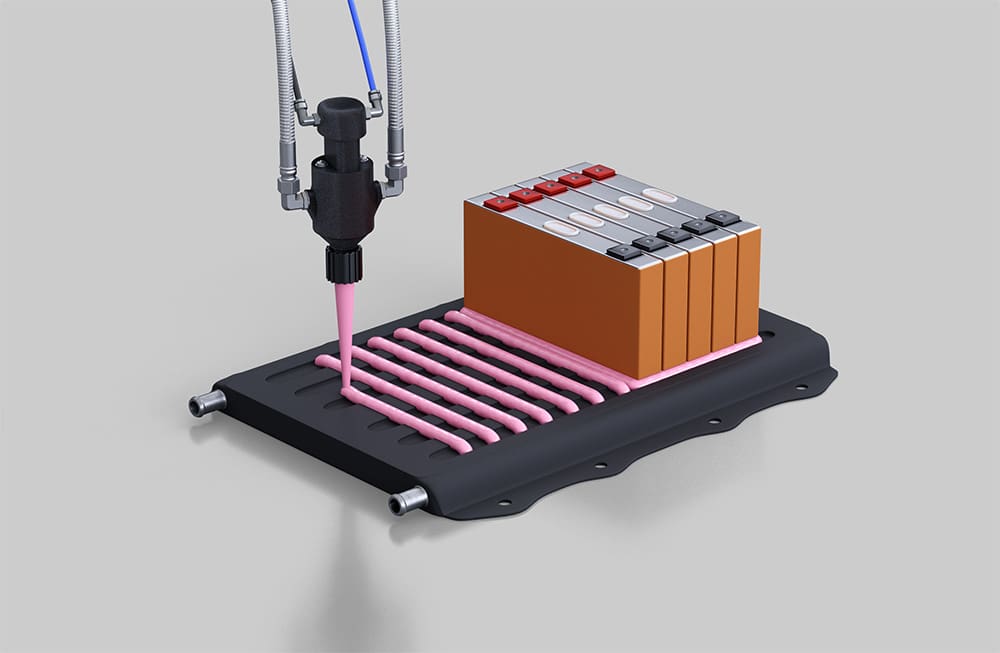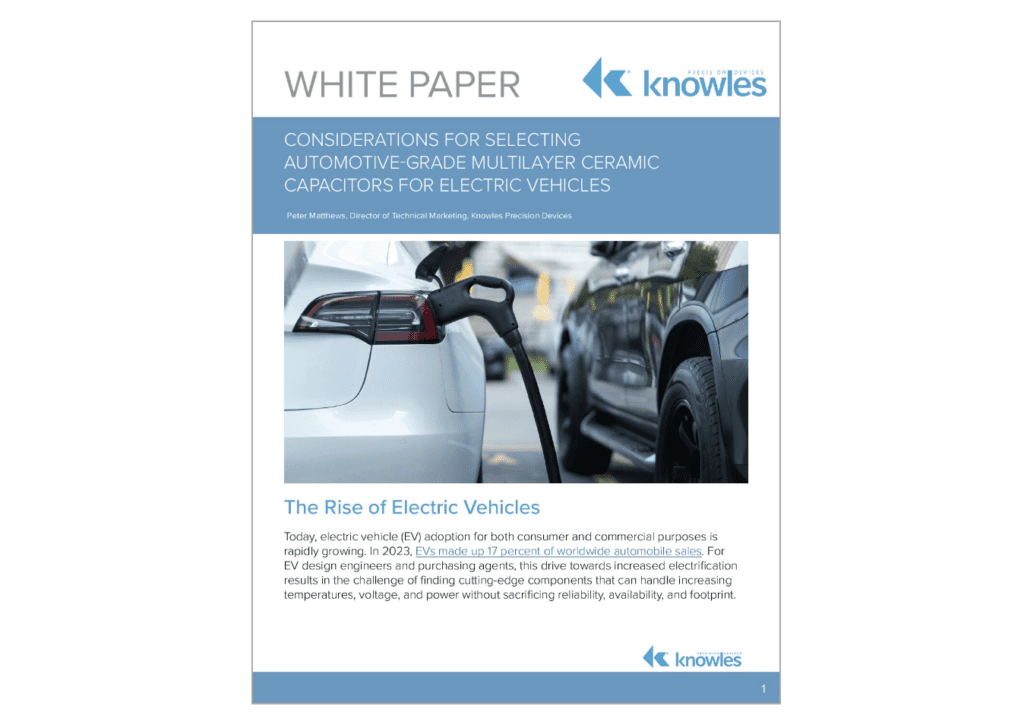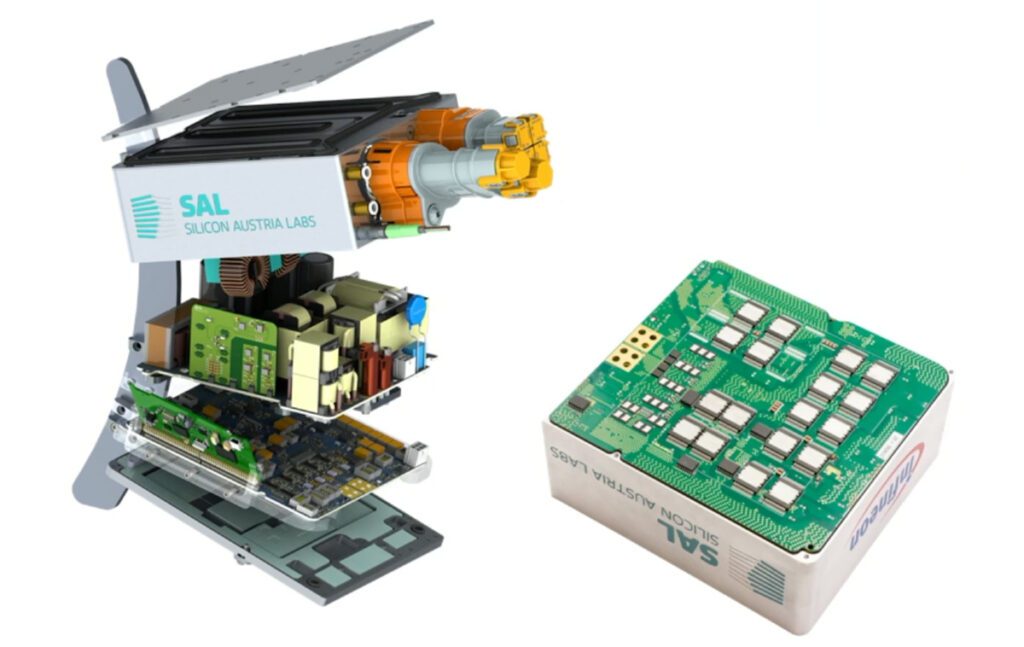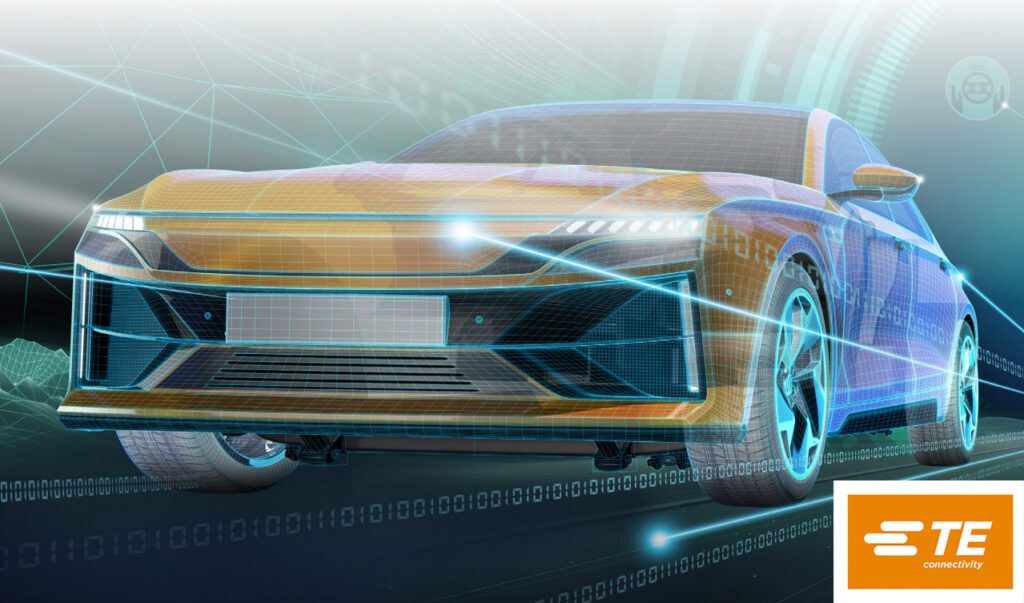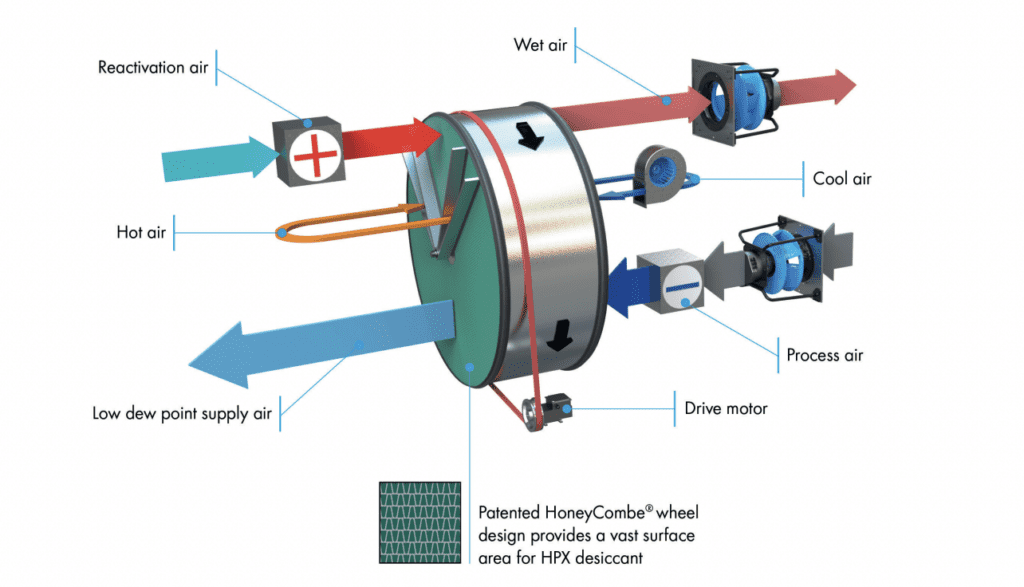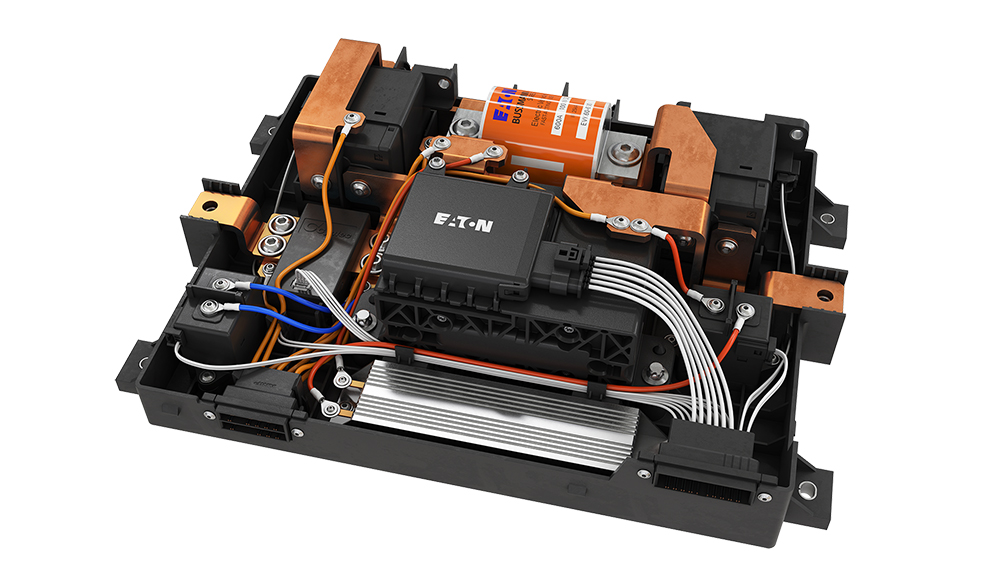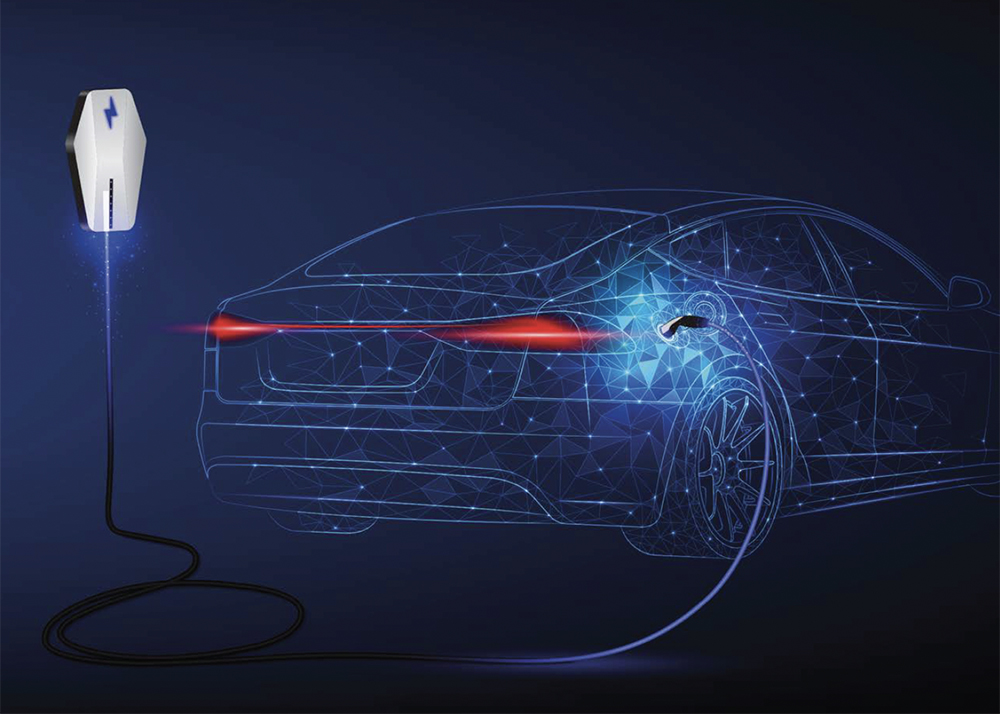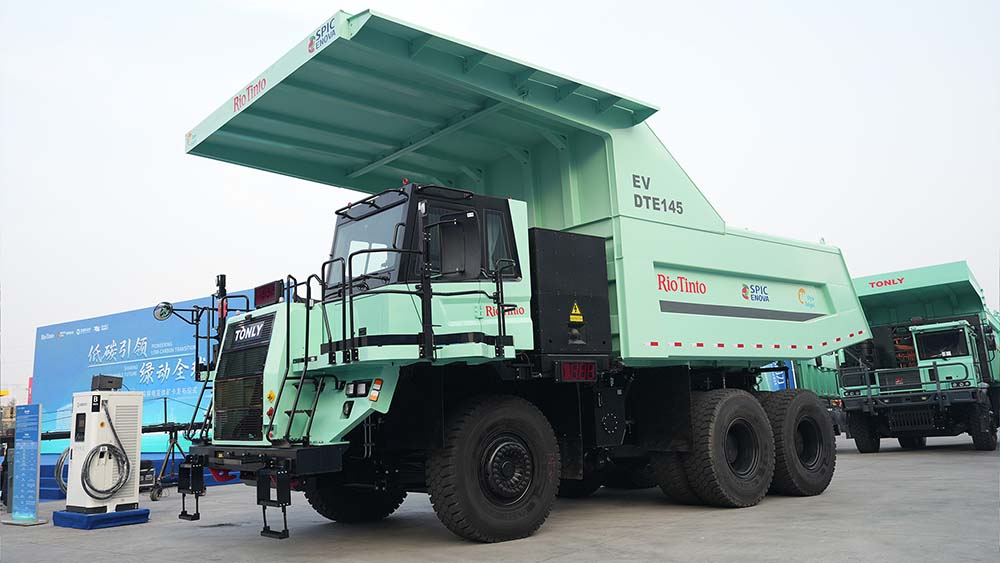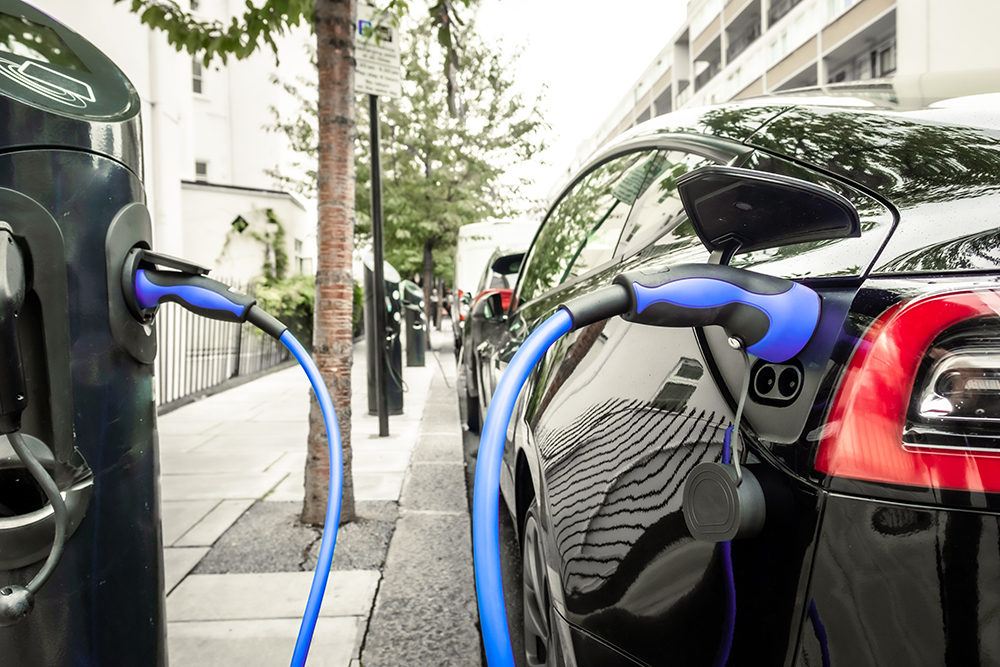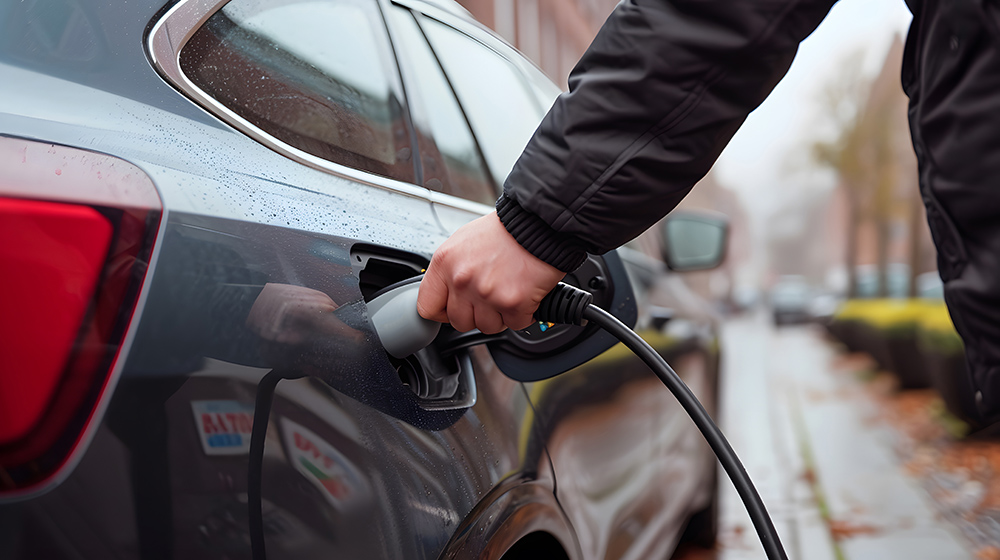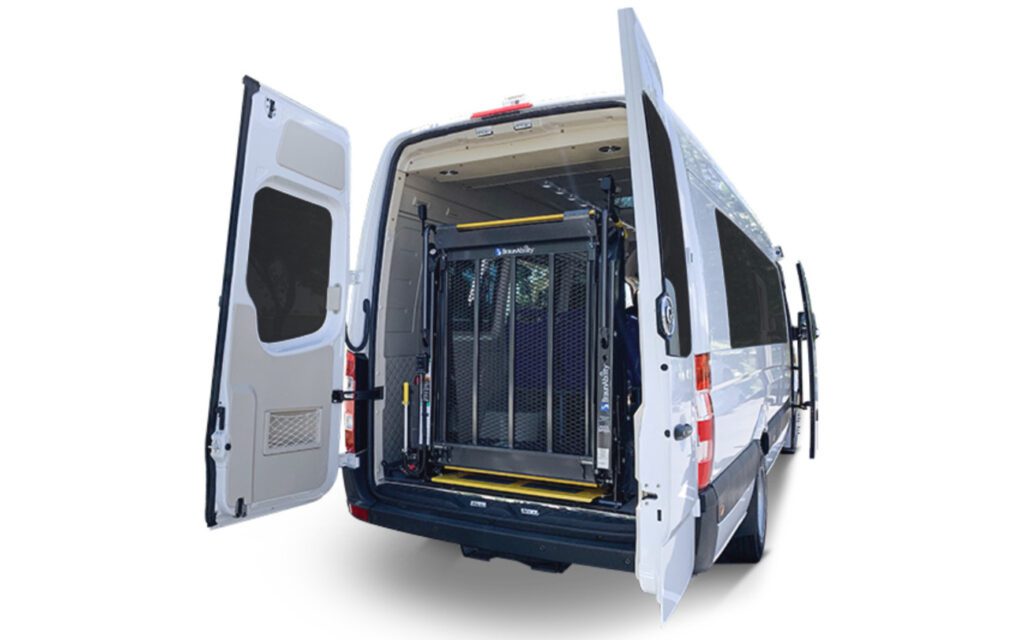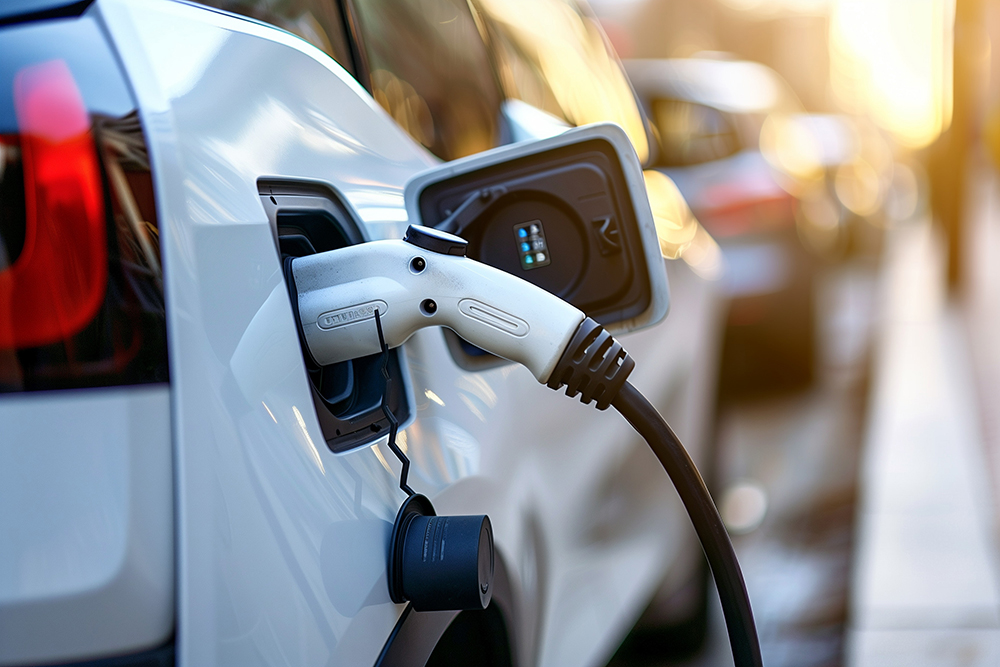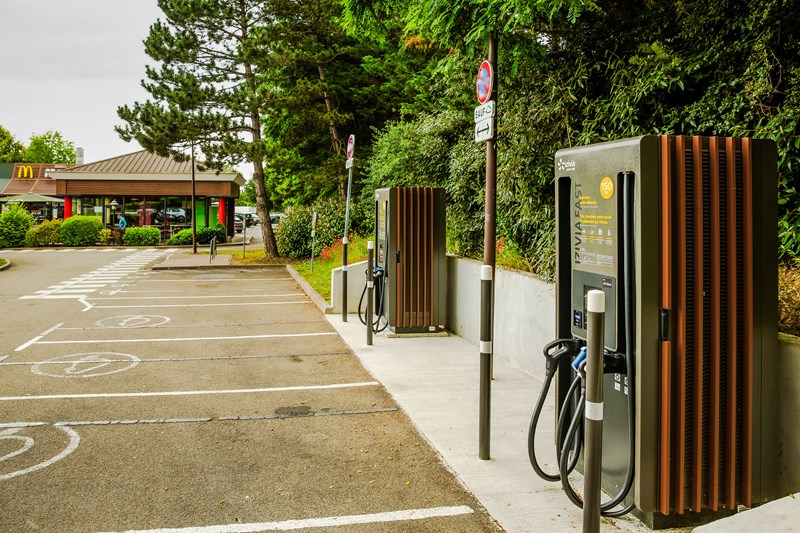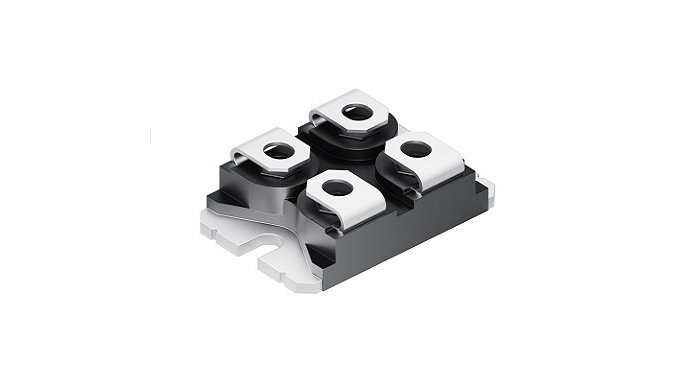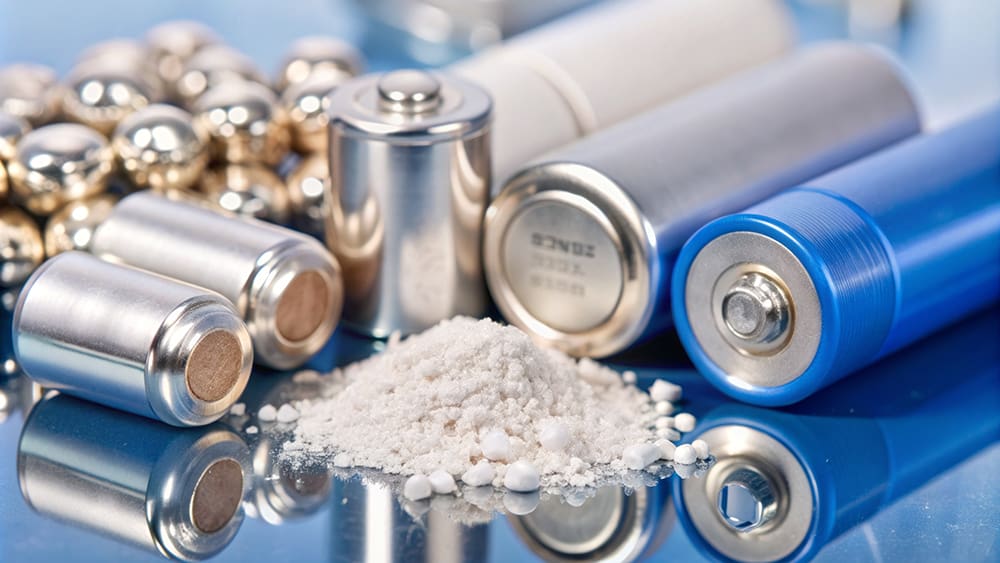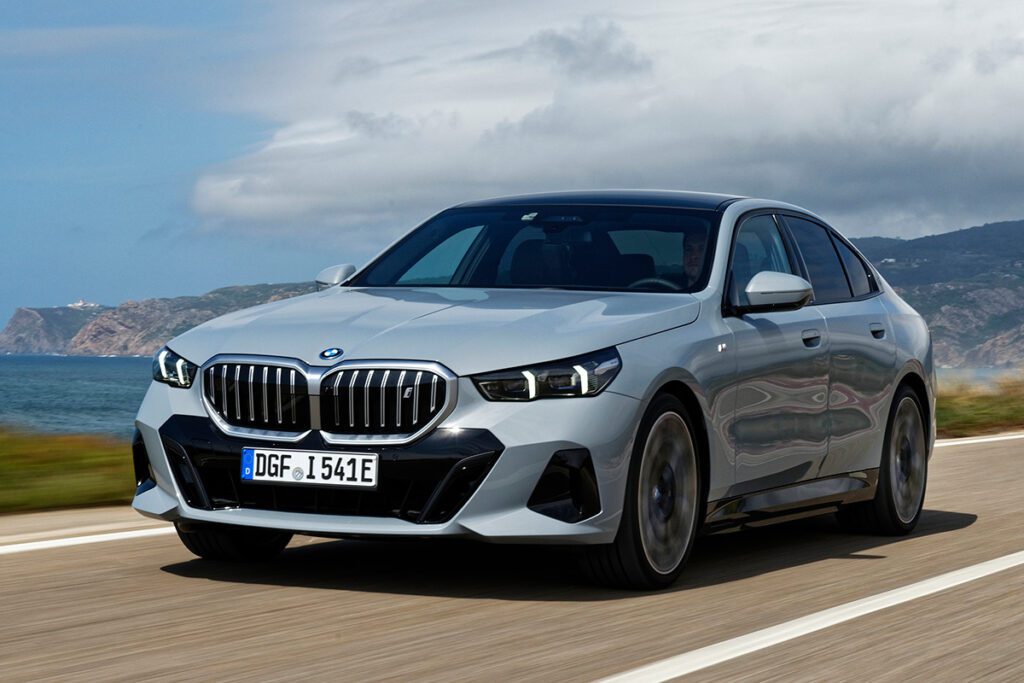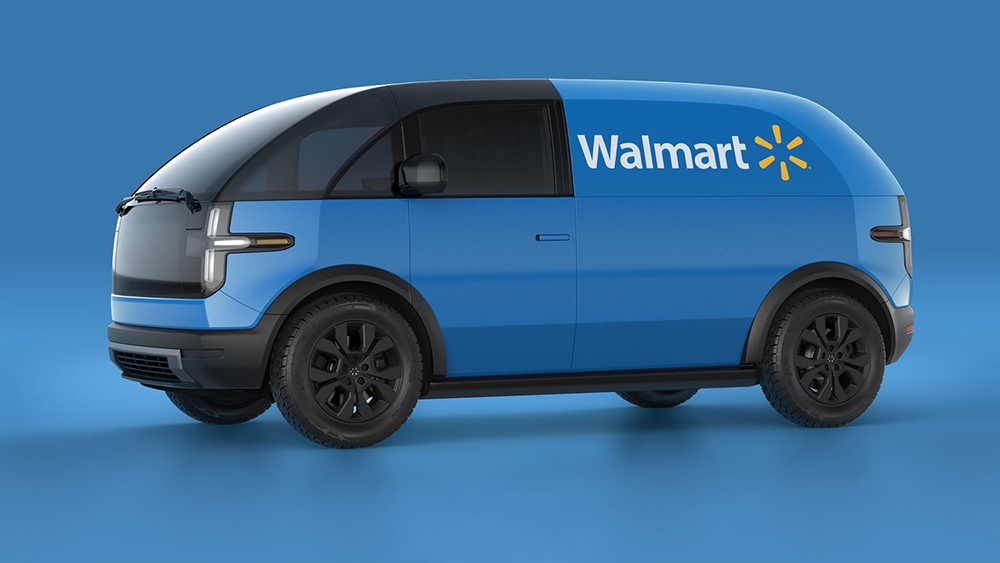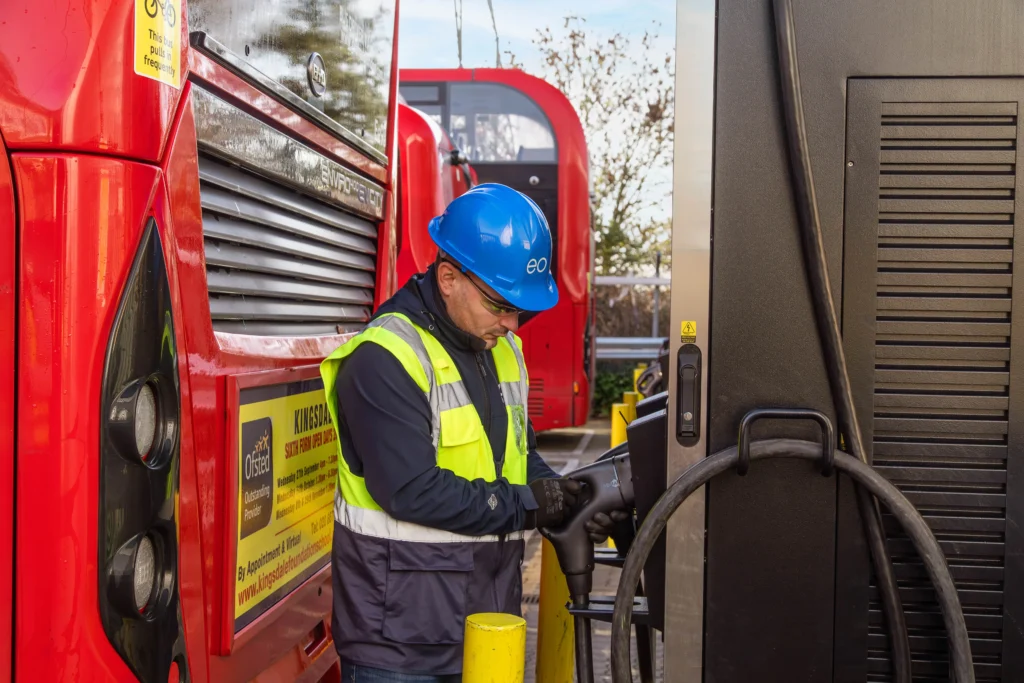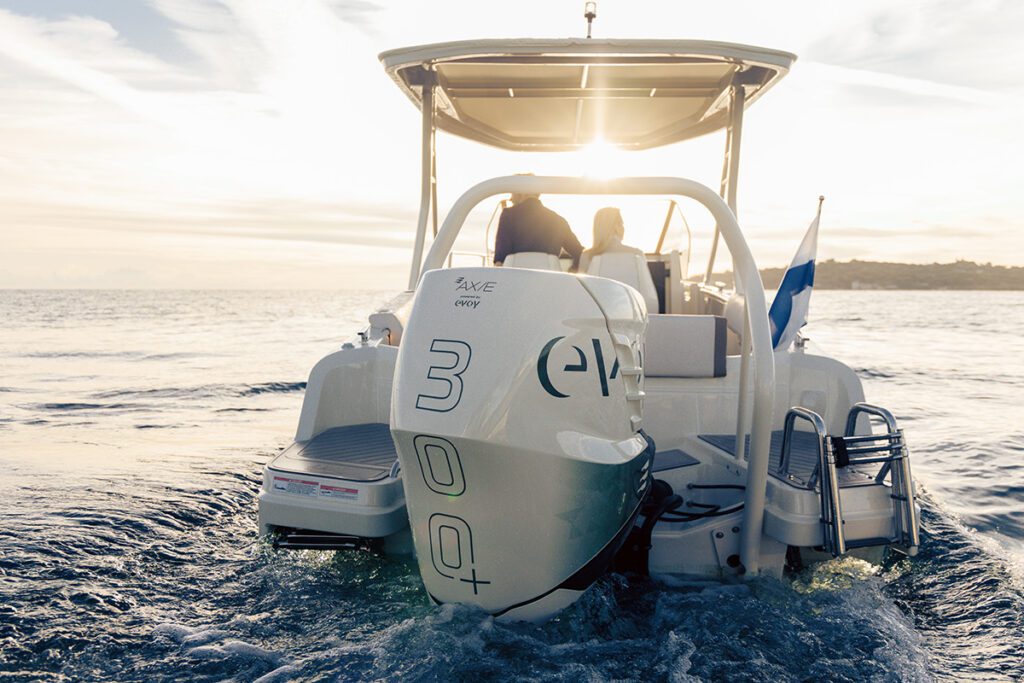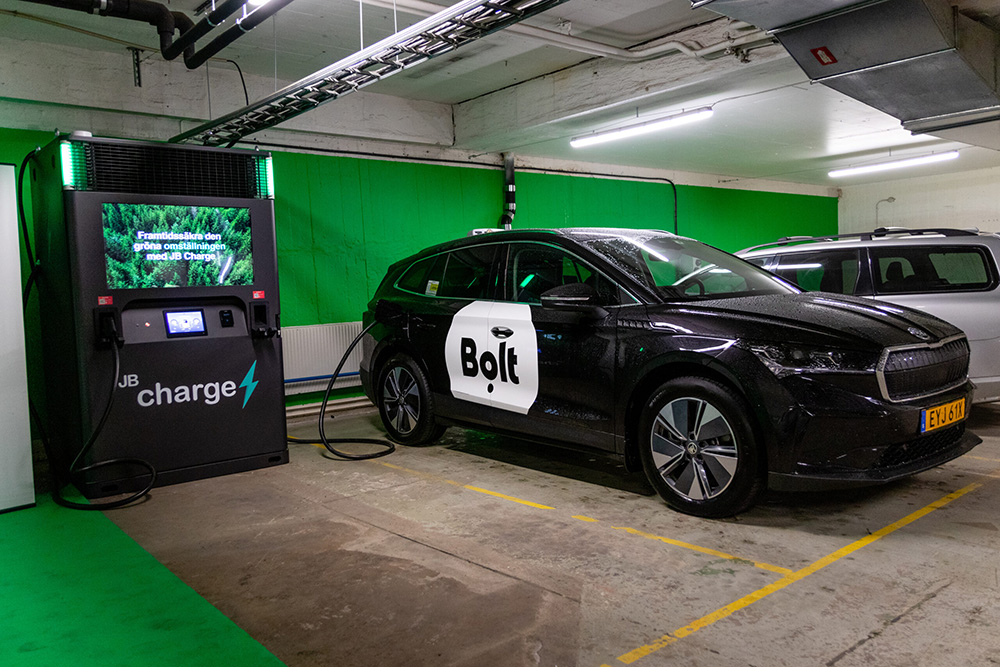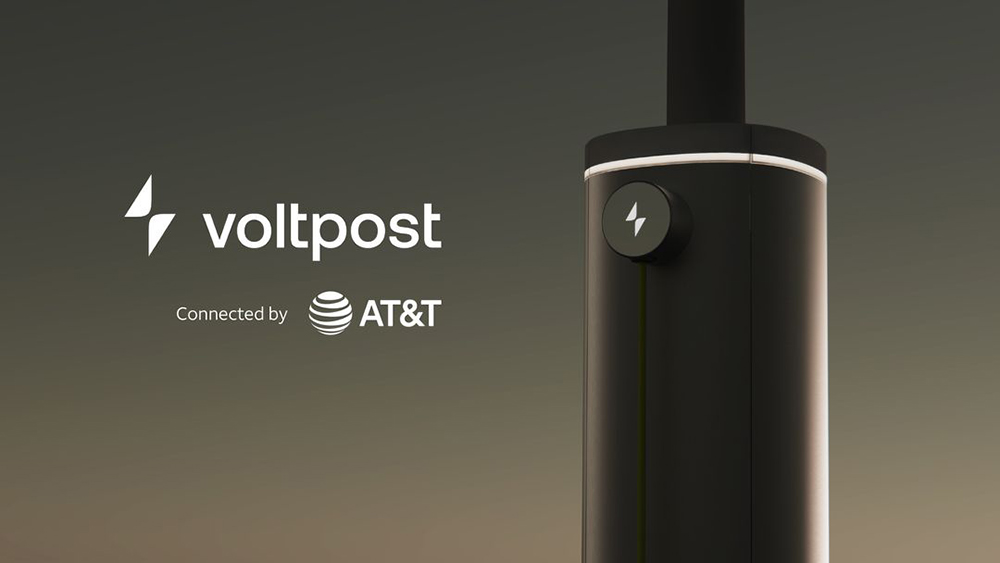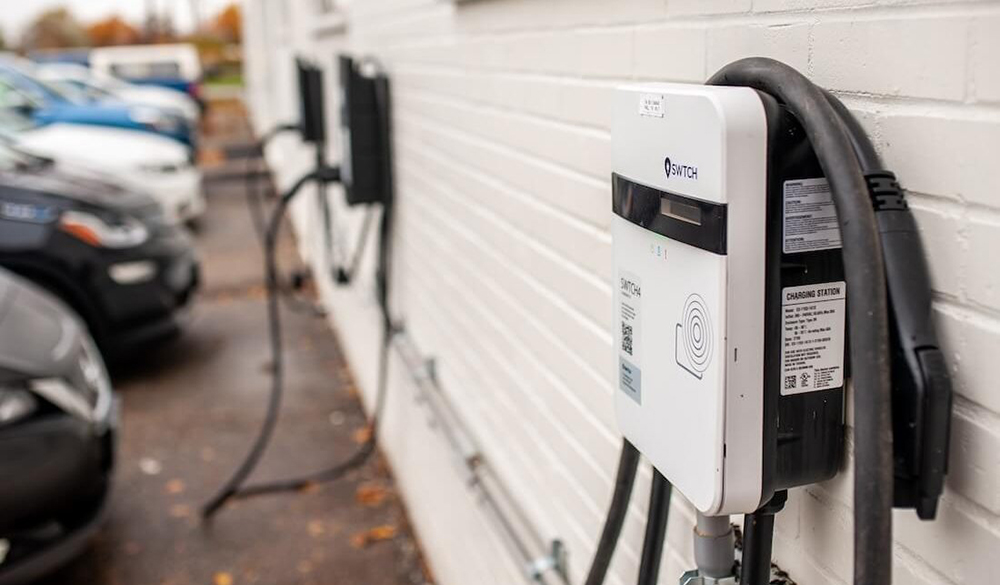Toyota has made no secret of its disdain for battery-electric vehicles in favor of fuel cells, but like other high-volume OEMs, it was compelled to produce an EV by the California authorities – the RAV4 EV, which the company did not market, and discontinued as soon as possible. Now it seems that the world’s largest automaker will have to play the same game in the world’s largest auto market.
As Bloomberg reports, the Chinese government is keen to encourage local EV production, and foreign manufacturers are finding that they must have at least one battery-electric model in their lineups if they hope to win government approval to build factories. Around 40 new EV models are expected to go on sale in China this year.
SEE ALSO: China to issue licenses for EV manufacturing to new firms
Toyota will introduce the Leahead and Ranz all-electric brands this year, in joint ventures with Chinese partners Guangzhou Automobile Group and FAW Group. Industry observers seem to agree that it’s strictly a symbolic effort.
“It is the cost of entry of being here,” said James Chao, Managing Director of IHS Automotive in Shanghai. “A lot of it is kind of for show, and they just want to please the government.”
“They’ll do some token launches and token sales, but I’m not expecting any waves,” said Ashvin Chotai, Managing Director of Intelligence Automotive Asia. “This is just a distraction, an unwanted headache.”
Volkswagen, Hyundai and BMW also plan to launch EVs in the China market, but will have a tough time competing against better-known local brands such as BYD and BAIC, according to Hong Kong-based Bloomberg analyst Steve Man. He predicts that these models are also destined to be compliance cars, sold in small numbers to local governments and utility companies.
Source: Bloomberg




